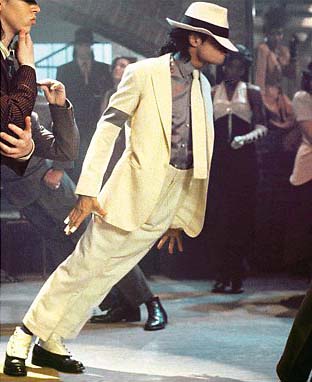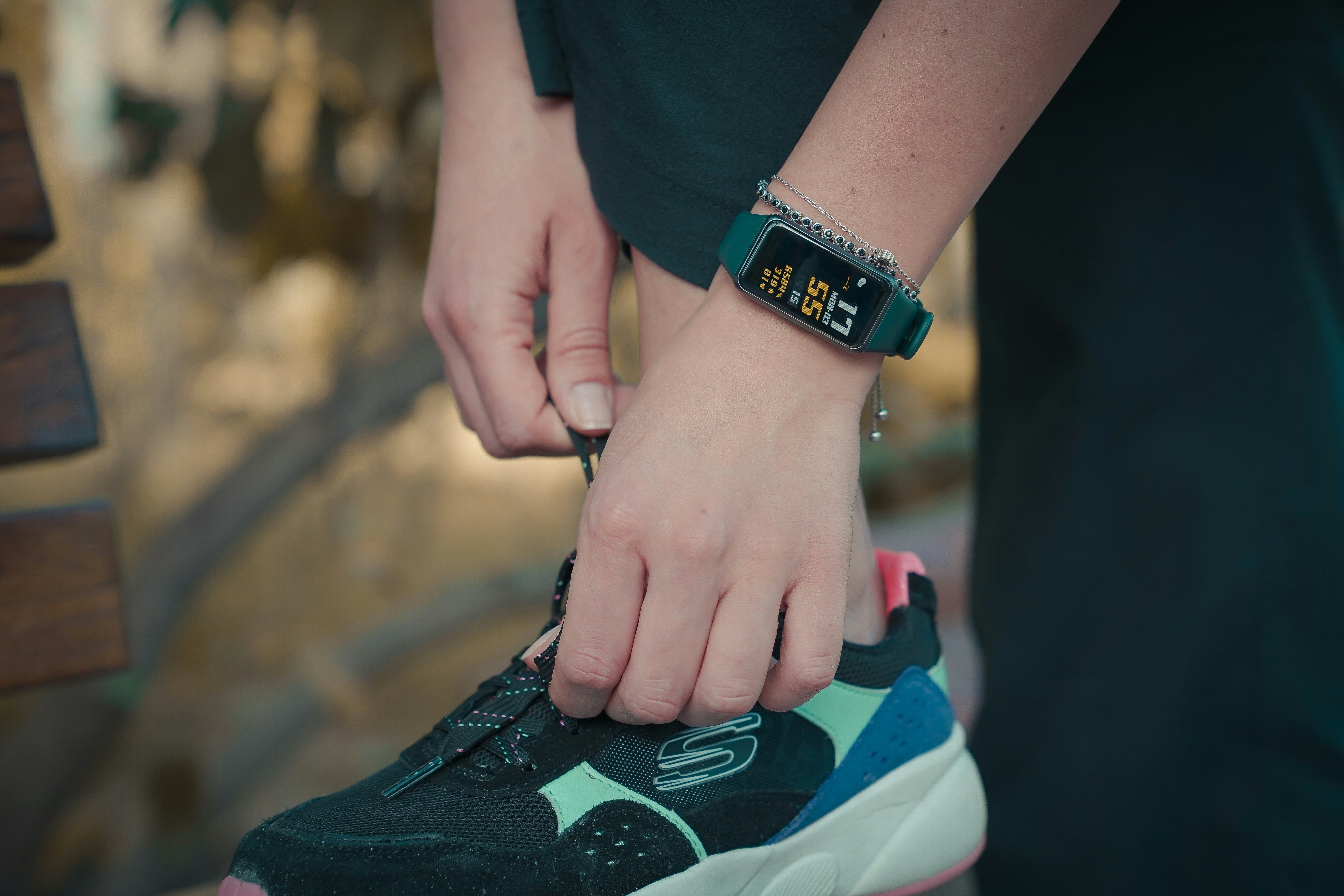Millennials are ageing on their own terms
By Christina Michailidis
The other day in my gym class full of fresh-faced university students, I noticed something surprising – the 20 somthings weren’t the ones breezing through the workout, it was the 40 somethings powering through with calm, focused energy. Meanwhile the university students were gasping for air and their faces screamed ‘Why did I sign up for this?’. We have long been told that youth equals vitality. But perhaps ageing isn’t what we’ve been taught to fear. These days ageing means trading chaos for calcium and your snooze button for a morning walk.
What I saw in the gym class reflects a global generational shift. Millennials are actively making better wellness choices. According to The Future of Wellness trends Survey 2025 by McKinsley, nearly 30 per cent of Gen Z and Millennials say they care a lot more about wellness today than a year ago, with both groups now accounting for 41 per cent of global wellness spending.
The motivation behind all this isn’t vanity – it’s quite the opposite. Millennials are focusing on long-term wellbeing in ways that set them apart from other generations. Whether it’s tracking their sleep or guided meditations, they use tech to stay ahead of their health.
For many in their 30s and 40s this informed self-care forms the groundwork for ageing with resilience and clarity. And it’s not just about physical health, mental wellbeing is front and centre too. According to the same report, 42 per cent of Millennials report that mindfulness is a ‘very high priority’, compared to just 29 per cent of Baby Boomers.
This mindset also seems to be reflected in their diet. Recent data shows that Millennials are more likely to adopt intentional eating habits than older generations. According to the International Food Information Council, 64 per cent of Millennials follow a specific diet, far more than the 42 per cent of Baby Boomers that do. Such choices are more than just chasing fads, they have become habits aimed at boosting energy, reducing stress and safeguarding long-term health.
“After the age of 35, you lose about two per cent of your muscle mass every year,” says fitness trainer and founder of Zensoma, a fitness and wellness platform designed specifically for people over 40. “Treat your muscles like a retirement account; you’re making deposits for the future.”
Her philosophy is grounded in what she refers to as the four pillars of ageing well: resistance training; balance; flexibility and mobility; and cardio respiratory health, all of which are often overlooked by mainstream fitness culture, which tends to prioritise aesthetics over function.
For women in particular, she emphasises that strength training isn’t about being ‘thin’ but about preserving bone density, stability and independence as we age.
Maha also highlighted nutrition as an area where many people struggle – not just due to poor habits but widespread confusion. While many people believe they are eating healthily, few eat mindfully or even understand how much protein they are getting. Nutritional needs shift as we age; staying informed and meeting those needs accurately is key.
It’s not just strength and nutrition though, even the smallest things matter – including your toes. “Your big toe strength, mobility and flexibility is crucial for balance, and it’s one of the most neglected parts of the body,” she says. “We have entire exercises focused just on foot strength and flexibility, it’s not sexy, but it matters. Try the Michael Jackson lean – it’s a good way to test your toe strength and balance at home”. If you can’t exceed four 4cm in a forward balance you are at risk of falling by the age of 70.

Stress too, plays a major role, “I had a client that always thought he had a weight problem,” she says. “But after one breathwork session, he realised it wasn’t his belly fat that was causing the weight gain but an accumulation of cortisol stress hormone. Cortisol peaks within two hours of waking up. If you don’t move your body – even for ten minutes – an accumulation of cortisol can contribute to stored fat, especially around the midsection.”
This functional no nonsense approach to wellness is gaining traction. “It’s never too late to build strength and improve your health,” says Maha.
To explore these ideas further, Maha will host an online workshop titled Pillars of Longevity & Health on July 19 at 5pm. Topics will include exercise, sleep, nourishment and mindset – all designed to be approachable for everyday life. Register at https://lu.ma/zdw5441u.
Maybe the secret isn’t about staying young forever. Next time you walk into a gym class don’t assume the person with the most reps is in their 20s, it may just be someone twice their age who swapped hangovers for hydration and late nights for lunges.






Click here to change your cookie preferences